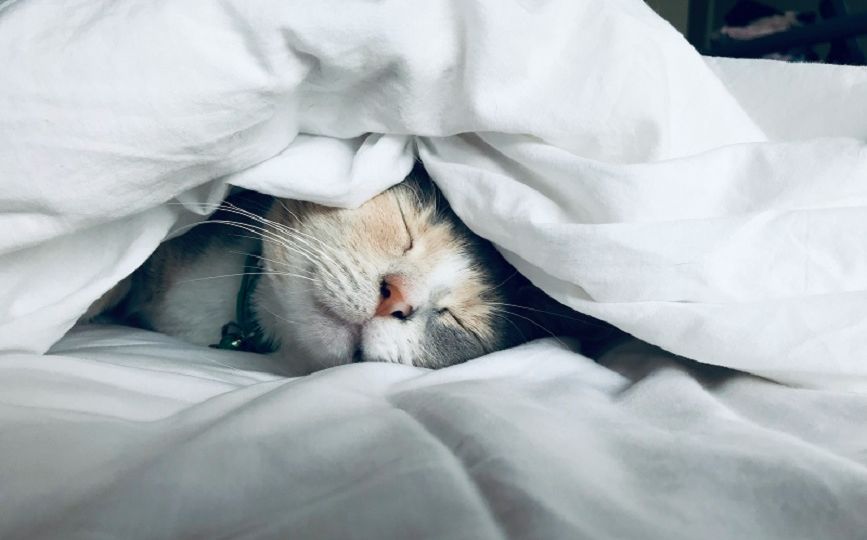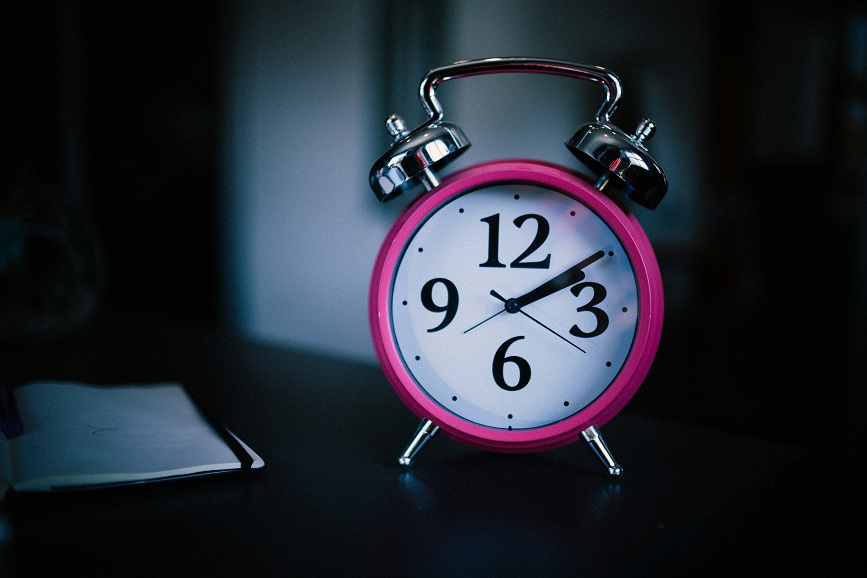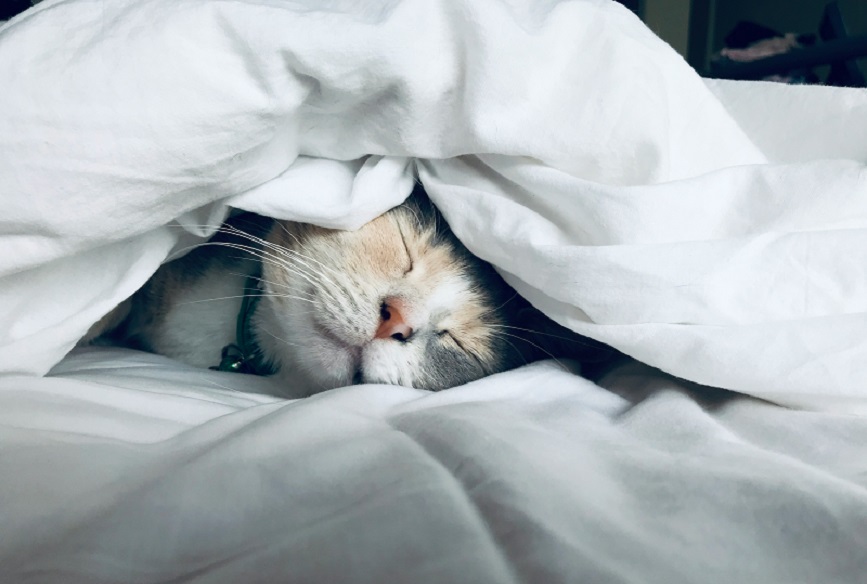
In today's fast-paced world, where many struggle to get a good night's sleep, the connection between diet and sleep quality is garnering increasing attention. The foods we consume play a crucial role in regulating our sleep-wake cycle, affecting not only the duration but also the quality of our sleep. Understanding this relationship can lead to improved sleep hygiene and overall well-being.
Understanding the Sleep Cycle
Before delving into the influence of diet, it's essential to comprehend the intricacies of the sleep cycle. Sleep consists of multiple stages, including light sleep, deep sleep, and REM (rapid eye movement) sleep. Each stage plays a vital role in restorative functions such as memory consolidation, hormone regulation, and cellular repair.
Impact of Diet on Sleep Quality
Our dietary choices significantly impact the quality of our sleep. Certain nutrients and compounds can promote relaxation and enhance sleep, while others may disrupt the natural sleep cycle. Consuming a balanced diet rich in sleep-promoting nutrients is key to achieving restful sleep.
Foods that Promote Sleep
Several foods are known for their ability to promote sleep. These include:
- Complex Carbohydrates: Foods like whole grains and legumes increase the production of serotonin, a neurotransmitter that promotes relaxation and sleep.
- Magnesium-Rich Foods: Magnesium deficiency has been linked to sleep disturbances. Consuming magnesium-rich foods such as nuts, seeds, and leafy greens can improve sleep quality.
- Tryptophan-Containing Foods: Tryptophan is an amino acid precursor to serotonin and melatonin, both of which regulate sleep. Foods like turkey, dairy products, and bananas are rich in tryptophan.
Foods to Avoid for Better Sleep
Certain foods and beverages can interfere with sleep patterns. These include:
- Caffeine: Found in coffee, tea, chocolate, and energy drinks, caffeine is a stimulant that can disrupt sleep if consumed too close to bedtime.
- High-Sugar Foods: Foods high in sugar can cause blood sugar fluctuations, leading to disruptions in sleep.
- Heavy or Spicy Meals: Large, heavy meals or spicy foods close to bedtime can cause discomfort and indigestion, making it difficult to fall asleep.
Timing of Meals and Sleep

The timing of meals can also influence sleep quality. Eating large meals or consuming stimulating foods close to bedtime can hinder the body's ability to relax and fall asleep. Opting for lighter meals and snacks several hours before bedtime allows the body to digest food more efficiently, promoting better sleep.
Hydration and Sleep
Proper hydration is essential for overall health, including sleep quality. Dehydration can lead to discomfort and disrupt sleep. Aim to consume an adequate amount of water throughout the day, but be mindful of limiting fluid intake in the hours leading up to bedtime to prevent disruptions due to nighttime bathroom visits.
The Influence of Caffeine and Alcohol
While caffeine is known for its stimulating effects, alcohol is often associated with drowsiness. However, both substances can negatively impact sleep quality. Caffeine can interfere with sleep onset and reduce overall sleep duration, while alcohol disrupts the sleep cycle, leading to fragmented and less restorative sleep.
Nutritional Supplements for Better Sleep
In addition to dietary changes, certain supplements may support better sleep. These include:
- Melatonin: A hormone that regulates the sleep-wake cycle, melatonin supplements can be beneficial for individuals with sleep disorders or jet lag.
- Magnesium: Supplementing with magnesium may improve sleep quality, especially in those with deficiencies.
- Valerian Root: This herbal supplement has been used for centuries to promote relaxation and improve sleep quality.
Meal Planning for Improved Sleep
Strategically planning meals and snacks throughout the day can contribute to better sleep hygiene. Focus on incorporating a variety of nutrient-dense foods, including fruits, vegetables, lean proteins, and whole grains. Avoid heavy, rich meals close to bedtime, opting instead for lighter options that won't burden digestion.
Creating a Sleep-Friendly Environment
Creating a conducive sleep environment is essential for optimizing sleep quality. Keep the bedroom cool, dark, and quiet, and invest in a comfortable mattress and pillows. Limit exposure to electronic devices before bedtime, as the blue light emitted can interfere with the body's natural sleep-wake cycle.
Exercise and Sleep
Regular physical activity can positively impact sleep quality and duration. Engaging in moderate exercise earlier in the day can promote relaxation and help regulate the sleep-wake cycle. However, vigorous exercise close to bedtime may have the opposite effect, so it's best to schedule workouts accordingly.
Stress Management and Sleep
Stress and anxiety can significantly disrupt sleep patterns. Implementing stress-reduction techniques such as meditation, deep breathing exercises, or journaling can promote relaxation and improve sleep quality. Establishing a bedtime routine that includes calming activities can signal to the body that it's time to wind down.
The Importance of Consistency
Consistency is key when it comes to optimizing sleep and dietary habits. Maintaining a regular sleep schedule, including consistent bedtimes and wake times, helps regulate the body's internal clock and promotes better sleep quality over time. Similarly, sticking to a balanced diet and meal schedule supports overall health and well-being.
Conclusion
In conclusion, the influence of diet on the sleep cycle is undeniable. Making mindful dietary choices, incorporating sleep-promoting foods, and adopting healthy lifestyle habits can significantly enhance sleep quality and overall well-being. By understanding the relationship between diet and sleep and implementing practical strategies, individuals can enjoy restful nights and wake up feeling refreshed


